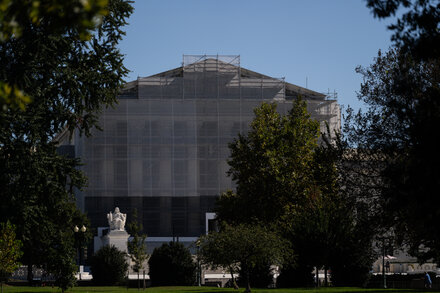A recent opinion piece published in The New York Times en Español, titled “¡Todos vamos a morir… más temprano que tarde!”, has reignited the urgent discussion surrounding the potential existential risks posed by advanced Artificial Intelligence (AI). The article, which centers on the views of technology magnate Elon Musk and his AI ventures, underscores a growing anxiety among some experts and public figures regarding the rapid pace of AI development and its unforeseeable consequences for humanity.
Musk, a prominent figure in the AI landscape through his xAI company and its Grok chatbot, has long been a vocal proponent of caution and regulation in the field. His warnings often articulate a profound concern for the long-term trajectory of AI, suggesting that its uncontrolled advancement could lead to scenarios beyond human comprehension or control. These sentiments are reflected in the stark title of the opinion piece, encapsulating the gravitas of the debate.
“AI is a fundamental risk to the existence of human civilization,” Musk has previously stated, emphasizing his view that the technology, if not carefully managed, could pose an unprecedented threat to humanity’s future. He has also advocated for a proactive approach to oversight, suggesting, “I’m increasingly of the opinion that we should have a regulatory body that is looking at AI.”
Despite his warnings, Musk is also actively involved in developing AI technologies through xAI, whose stated mission is to “understand the true nature of the universe.” Grok, an AI chatbot developed by xAI, aims to be a humorous and rebellious conversational agent with real-time access to information via the X platform. This dual role — both warning of AI’s dangers and actively building advanced systems — often places Musk at the center of the complex debate about responsible innovation and the potential for a technological singularity.
The “sooner rather than later” aspect highlighted in the opinion piece reflects a sense of urgency shared by some within the scientific and technological communities. As AI capabilities expand at an accelerating rate, questions about ethical frameworks, safety protocols, and international governance have become paramount. The article contributes to a broader conversation about whether current efforts to mitigate risks are sufficient to address the scale of the challenge that advanced AI systems might present to human societies globally.
Source: Read the original article here.





